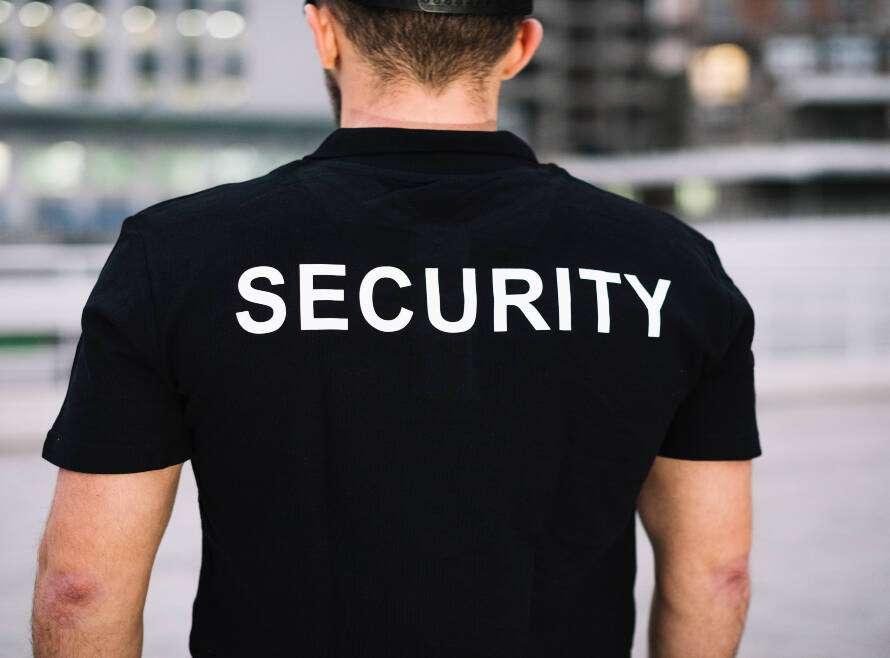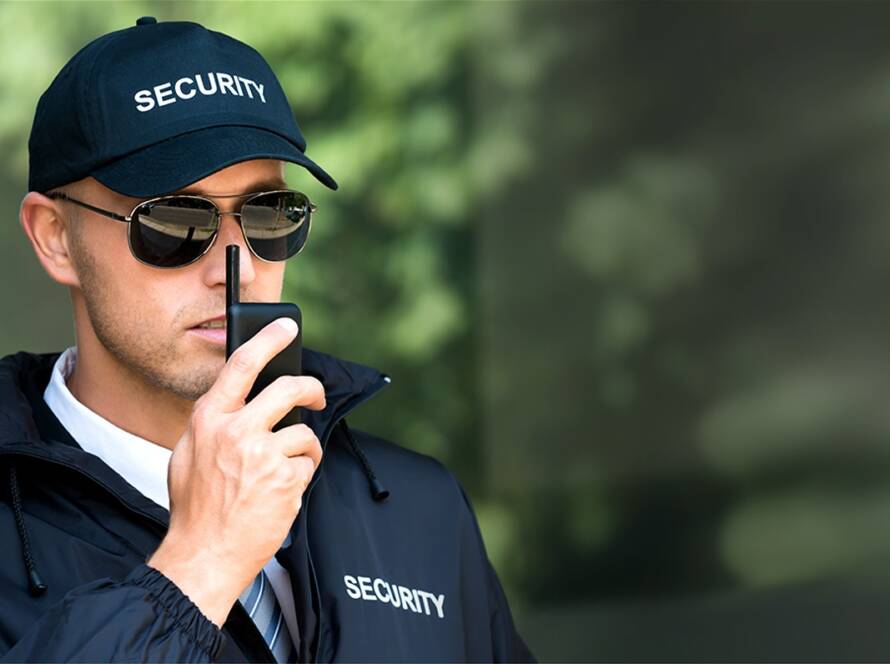When it comes to hiring security services, businesses and individuals often face the decision between employing a security guard or a security officer. Although the terms are frequently used interchangeably, they can refer to different roles within the security industry. Understanding the distinctions between the two is crucial when selecting the right professional for your security needs.
In this blog post, we’ll break down the key similarities and differences between security guards and security officers, and outline the types of incidents or situations where each might be hired for security services.
What is a Security Guard?
A security guard is typically a professional hired to maintain a visible presence at a particular location to deter crime and protect property. Security guards may work in a variety of settings, including residential complexes, office buildings, shopping malls, or event venues. Their duties often include patrolling assigned areas, monitoring surveillance equipment, checking access points, and responding to alarms or disturbances.
Key Duties of a Security Guard:
- Patrolling and monitoring assigned areas.
- Checking security systems (alarms, cameras, etc.).
- Enforcing basic rules and regulations.
- Escorting people or assets when necessary.
- Responding to emergencies or suspicious activity.
While security guards play an essential role in maintaining a safe environment, their responsibilities tend to focus on monitoring and responding to immediate threats or incidents.
What is a Security Officer?
A security officer, while similar to a security guard, typically has a more advanced role with increased responsibilities. Security officers are often hired for more specialized security needs, which may require higher levels of training, decision-making, and even the ability to make arrests or carry weapons, depending on their licensing and the jurisdiction.
Security officers may be employed in a variety of high-risk environments, such as government buildings, corporate offices, financial institutions, or at large public events. In many cases, security officers have a broader scope of authority compared to security guards, and their role often includes both active and preventive security measures.
Key Duties of a Security Officer:
- Overseeing and managing security operations at high-risk locations.
- Implementing security protocols and responding to major incidents.
- Supervising other security staff, including security guards.
- Coordinating with law enforcement in case of criminal activity.
- Investigating security breaches and preparing reports.
Because of their broader scope of duties, security officers often require more specialized training and certifications than guards, particularly in areas like emergency response, criminal law, and conflict management.
Key Differences Between Security Guards and Security Officers
1. Training & Certification
- Security Guards typically require less formal training. They may need basic security training, a background check, and sometimes a license, depending on local regulations.
- Security Officers, on the other hand, often have more extensive training and may be required to complete advanced security courses, firearms training, and certifications specific to their role. They may also be licensed to carry weapons or have the authority to arrest individuals.
2. Roles and Responsibilities
- Security Guards focus primarily on monitoring and responding to threats. Their responsibilities usually involve patrolling the premises, ensuring access control, and providing a visible deterrent to crime.
- Security Officers are often responsible for more complex tasks such as overseeing the security strategy for large facilities, managing teams of security personnel, and handling sensitive security issues like crisis management and coordination with law enforcement.
3. Authority and Legal Powers
- Security Guards typically have limited authority. They can detain suspects in certain situations, but they do not have law enforcement powers. They must contact local law enforcement if a crime is in progress.
- Security Officers may have more authority, particularly if they are specially trained and licensed. In some cases, they may be authorized to carry firearms, make arrests, or perform other law enforcement-like duties under the supervision of local authorities.
Similarities Between Security Guards and Security Officers
Despite the differences in their roles and responsibilities, security guards and security officers share several similarities:
- Both are employed to protect property and ensure the safety of individuals within their assigned areas.
- Both roles require a strong sense of alertness and observation skills to identify suspicious behavior or potential threats.
- Both enforce security policies and procedures to maintain order and prevent incidents.
- Both are integral in emergency response situations, ensuring that appropriate action is taken until law enforcement or emergency responders arrive.
When to Hire a Security Guard
Security guards are best suited for situations where the primary goal is to deter criminal activity and maintain a visible security presence. They are ideal for environments that require basic monitoring and response to potential threats. Here are a few common scenarios when hiring a security guard is appropriate:
- Shopping Malls and Retail Stores: To deter theft, vandalism, or disturbances.
- Residential Communities: To ensure the safety of tenants and guests, including access control.
- Construction Sites: To prevent theft or vandalism of equipment and materials.
- Events and Venues: For crowd control and ensuring public safety.
When to Hire a Security Officer
Security officers are a better choice for environments where there is a need for advanced security measures, management oversight, or higher levels of authority. Their expertise is essential in high-risk settings or where the security situation may require more than just surveillance and response. Here are some situations where hiring a security officer is recommended:
- Corporate Offices or Government Buildings: Where sensitive information needs to be protected and a higher level of security is required.
- Financial Institutions: Banks and credit unions, where the security of both people and assets is a priority.
- High-Risk Events: Large public gatherings, political events, or VIP security, where risk management and crowd control are paramount.
- Luxury Hotels or Casinos: Where sophisticated security systems and personnel are needed to ensure safety and manage incidents discreetly.
Which Professional to Hire
While security guards and security officers serve similar functions, their roles differ regarding training, responsibilities, and authority. Understanding these differences can help businesses and individuals make an informed decision about which professional to hire based on the specific security needs of their environment.
- Hire a security guard for routine monitoring, access control, and basic protection needs.
- Hire a security officer for more complex, high-risk environments where specialized training, authority, and management of security operations are required.
Both security guards and officers play an essential role in safeguarding people and property, but knowing when and why to hire one over the other can make all the difference in ensuring the right level of protection for your situation.




